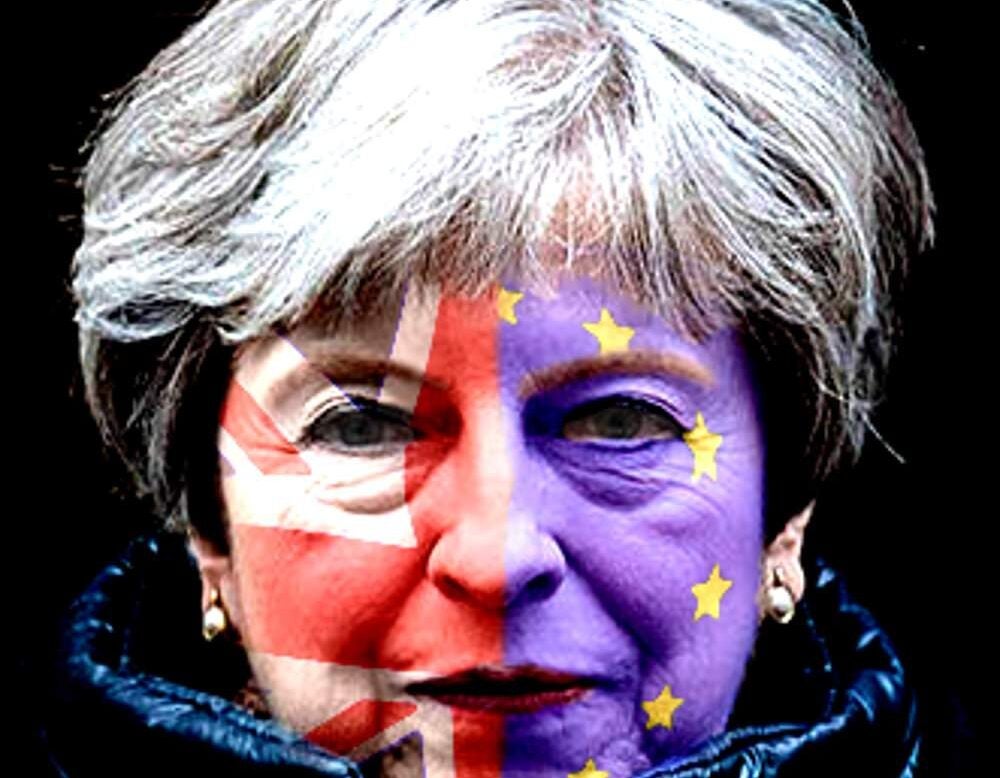
Our inescapable Europeanness almost makes Brexit an irrelevance, assuming that is that a deal can be salvaged from the current impasse
‘We are like dwarves perched on the shoulders of giants.’ That was Bernard of Chartres, the 12th-century French philosopher, on the debt owed by his contemporaries of the European renaissance to the ancients. ‘Thus we are able to see more and farther than the latter. And this is not at all because of the acuteness of our sight or the stature of our body, but because we are carried aloft by the magnitude of the giants.’
From ancient Greece to medieval France, and so to Salisbury: not the Salisbury of today – one affected by the fallout of Russian president Vladimir Putin’s bungling spies – but that of the birthplace of a certain John of Salisbury, a philosopher and diplomat born around 1120, who was educated at the University of Paris, no less, and recorded Bernard’s famous comments above.
Thank goodness he did, for in its way it reminds us that Britain remains utterly indebted to the great European reawakening that took place in the century or more following the turn of the year 1000. From that era, we owe our cathedrals – of Salisbury of course, Durham, Worcester, Wells and more – buildings that palpably express our essential and ancient Europeanness like few others.
We also owe to this era our language, which not long after led to the first English-language Bible – Wycliffe’s, completed by the end of the 1300s, and laid the foundations for the King James’s version beloved of generations since. This sidesteps another of Britain’s great contributions to the world – Magna Carta, a document written in Latin, Europe’s original common currency.
Underpinning this cultural outpouring was the wealth and urbanisation and growth of pan-European trade, particularly across the north-western Europe: between England and the Low Countries, down to Italy and onwards. This wealth saw the balance of power in what we today call Europe shift from Constantinople to the north of the continent as those centres we recognise today – London, Paris, Amsterdam – began to flourish.
It is precisely these facts, and the essential, inescapable Europeanness of our culture, that in many respects make Brexit an irrelevance. In the same way that the essential Europeanness of the Norwegians and the Swiss, who have never been part of the European Union club, has never been doubted, whatever happens with Brexit, our future remains as Europeans.
As our report in this edition from Oslo makes clear, that country has benefited from its close-but-not-too-close relations with the EU. Some there want closer relations with Brussels; some want more distant relations, but the consensus is that the status quo serves Norway well. Ditto, the Swiss seem happy with their hard-won position; albeit critics describe these nations as colonies of the Brussels. The burghers of Oslo and Bern, unsurprisingly, don’t see it that way.
Our essential Europeanness aside, the fact remains that Britain needs a useful trading relationship with EU, one that’s mutually of benefit. Therefore whatever emerges from the Brexit negotiations – whether it’s a species of maligned Chequers or a version of ‘Canada plus plus plus’ – is almost beside the point. Both are better than nothing. Political classes on both sides of the Channel would do well to remember that.
The shadow of Salisbury – not the cathedral spire (though it’s the tallest in Britain) but the attack there by Russian agents – stretches far, certainly across the Channel and to Brussels. It is a gothic reminder of why Europe needs to stick together, irrespective of the precise administrative form that cohesion takes. The EU, possibly, will come and go, but European solidarity and civilisation must persist. With Putin rampant and populism on the rise across the world, it has never been more important for Europeans to live together, trade together and – when necessary – stand together to defend our common wealth, values and civilisation. And that’s regardless of Brussels, lovely though it is to visit.






